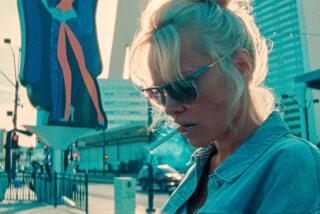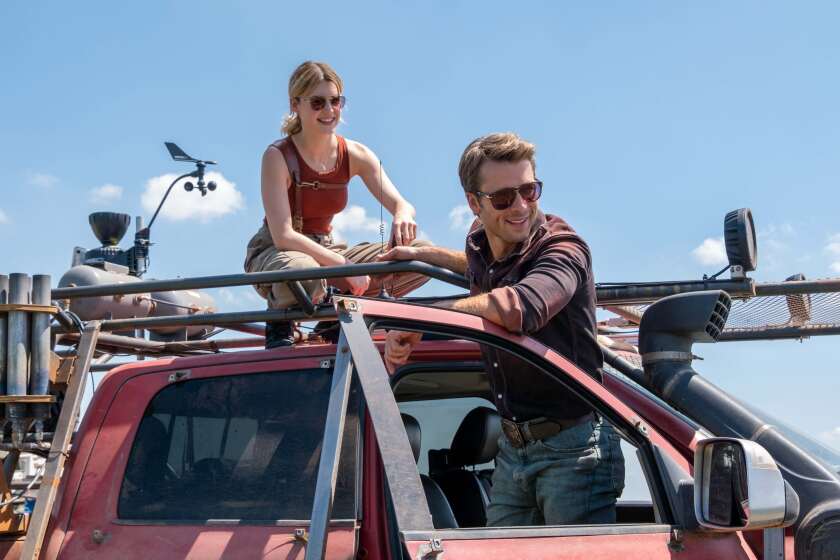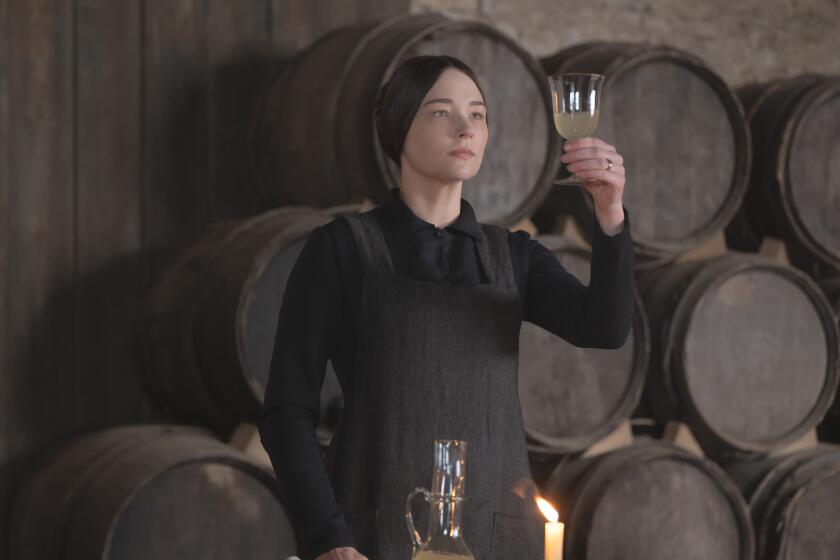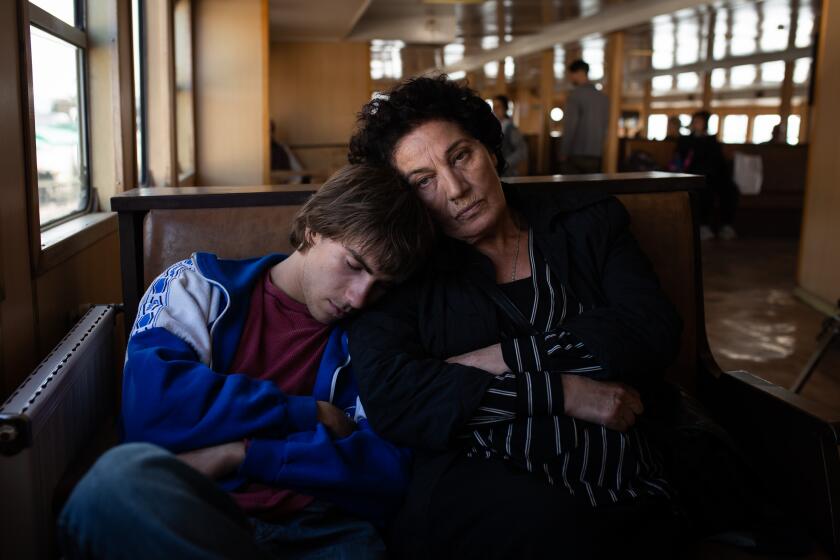PENN: REBELLIOUS TIMES
Director Arthur Penn appreciates an honest critic, and he says one of the most honest critics he ever knew was Jack Warner, the head of Warner Bros. when Penn directed his masterpiece, the 1967 “Bonnie and Clyde.”
Penn says he and Warren Beatty, the film’s star and producer, were invited to Warner’s house one night to show the cranky mogul a rough cut of “Bonnie and Clyde.”
“Just before we started,” Penn recalled, during a recent interview in his Manhattan apartment, “Jack said, ‘Listen, if I have to go to the bathroom in the first 10 minutes of the film, it stinks.’
“We started it and, before seven minutes went by, he got up and went to the bathroom. He came back and in another 15 minutes, he was gone again. The whole evening went that way.
“Afterward, we were talking about the movie, and it was clear we’d lost him. He just didn’t like it. Then Warren and I started saying, ‘Jack, don’t you realize that this is an homage to the Warner Bros. gangster movies of the ‘30s?’ ”
Penn says Warner’s vanity was sufficiently touched for him to leave the movie alone, but other studio executives were so sure a picture about an impotent bank robber and a horny moll would fail that they virtually gave it away to theaters.
Reviews, word-of-mouth and Beatty’s tenacity in keeping “Bonnie and Clyde” in theaters saved what was to become one of the most influential films in modern Hollywood.
“Bonnie and Clyde” plugged into the mood of a social revolution that Penn acknowledges he didn’t understand at the time and that set the tone for an era of unprecedented freedom for serious American film makers.
“We didn’t know what we were tapping into,” Penn says. “The film was really about what the state of youth was at the time, the rebelliousness against the accepted molds, the new sexuality, all the changes that were creeping into society.”
“Bonnie and Clyde” broke new ground in several areas. It was one of the first in a wave of anti-hero films that were to follow. Its graphic style voided the cliches of glamorous Hollywood violence. It opened the door for other serious leading men to take on roles of psychological substance.
“The walls came tumbling down after ‘Bonnie and Clyde,’ ” Penn says. “All the things that were in concrete began to just fall away.”
The next 10 years--the fourth decade in the 50-year-history of the Directors Guild of America--were halcyon days for film makers and filmgoers alike. It was a time when the top directors initiated their own projects and completed them with the studios’ blessings and without their interference.
“I can’t think of a situation during that decade where there was a film I wanted to make that I couldn’t make,” says Penn, who followed “Bonnie and Clyde” with such personal passions as “Alice’s Restaurant” and “Little Big Man.” “It was a terrific period, and I think of lot of people did their best movies then.”
Consider: From 1966-1976, Stanley Kubrick did “2001” and “A Clockwork Orange.” Mike Nichols did “Who’s Afraid of Virginia Woolf?” and “The Graduate.” Sidney Lumet did “Dog Day Afternoon” and “Network.” Francis Coppola did both “Godfathers” and “The Conversation.”
They are movies about a period by the best directors of the period, a creative blitz that Penn believes was the result of both the changing face of the film industry and the Vietnam War (televised daily at 7 and 11) and its impact on young Americans.
“The studios had come out of that phase where they felt they knew how to make movies and were taken up with those of us who were making them,” Penn says. “They (studio bosses) were on a different edge. They were looking for things to startle us, shock us, something that wasn’t conventional. In fact, conventional movies were harder to get made then.
“It was a more adventuresome time at the studios. There was diversity. If your idea didn’t fly at one place, you could take it someplace else and get a totally different response.”
Not for long, though, and certainly not today.
“Today, you get pretty much the same response from all the studios,” Penn says. “Essentially, the same breed of executives are running all of them. . . . On an IQ test, the guys running things now--the Michael Eisners and Barry Dillers--are a lot brighter than the old guys.
“But they’re smart in a different way. They are corporate smart. They know how to use the capitalist system to the teeth. They just don’t know how to make movies.”
Before the financial wizards took over the studios, bringing with them a dependency on marketing research that borders on addiction, things were simple between directors and the studios, says Penn.
“You’d go to Jack Warner and say, ‘What do you think about this?’ and he’d tell you. You might not like the answer, but you’d get it right away. Today, an idea goes through so many filtering committees that are trying to quantify its potential that, by the time it comes out, its originality is gone.”
Yes, Penn is taking all this personally. He has made only two movies in the last 10 years--”Four Friends” and the recent “Target”--and both were plagued by modern problems.
“Four Friends” got the Teamster runaround in Chicago (he says the union truckers ate up 10% of his budget, mostly by sitting around and eating) and “Target” was given everything but an upper GI by studio marketing people trying to pre-assess its box-office fitness.
Penn thinks the major studios’ rejection of serious film making, movies that deal with social changes and currents (try to remember the last one you saw), is irreversible. The only hope is for the film makers themselves to lower their own financial sights and make films outside the system.
“If it’s going to change, it has to be the film makers that do it,” Penn says. “We have to say, ‘We can’t play the money game.’ We have to get back to the passion of the early days and make the films we want to make.
“The studios are devoted to movies that appeal to young people and so they are turning to young directors. At the risk of sounding like an old man (Penn is 63), it is at the cost of disenfranchising some good old guys who still know how to do it.
“I just think that every year a Kubrick picture is not being made is a loss to our culture.”
More to Read
Only good movies
Get the Indie Focus newsletter, Mark Olsen's weekly guide to the world of cinema.
You may occasionally receive promotional content from the Los Angeles Times.






